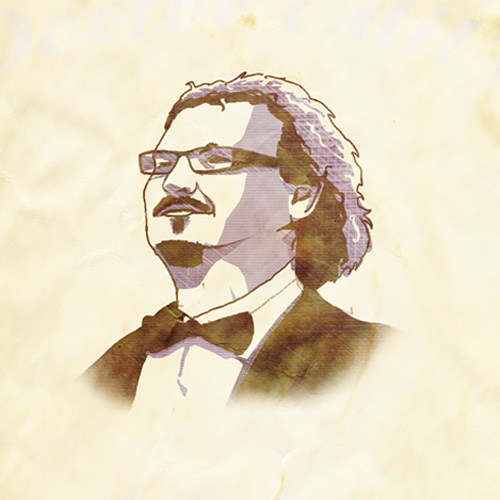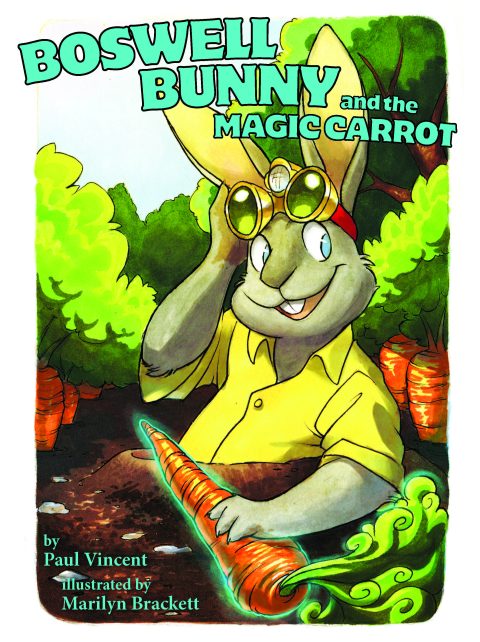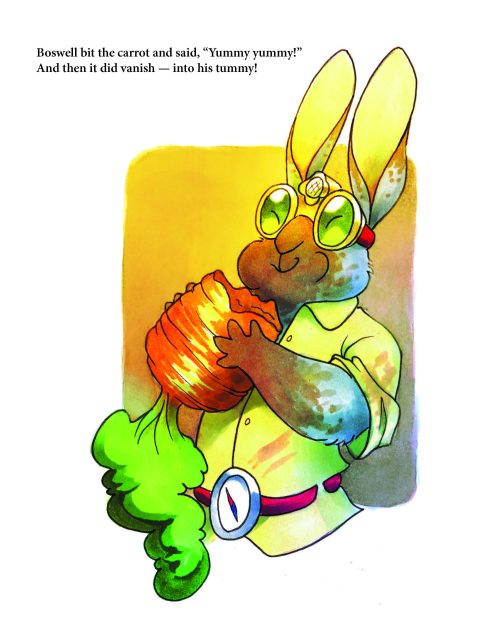With 20 years’ experience as an editor and proofreader, Dr Paul Vincent aka Doctor Edit can maximise the potential of your writing, whatever the subject.
Being able to tailor his editing, proofreading and writing services to clients’ precise needs is something Dr Paul Vincent prides himself on.
His wide-ranging work in publishing over two decades has required him to assimilate the styles and vocabularies of numerous subjects. He has a trained eye for detail and a sound knowledge of what makes good content.
A world-renowned academic editor and proofreader
Since 2008, Dr Paul Vincent has proofread roughly 250 theses (PhDs, master’s, honours, etc.) and research reports. He’s also supplied academic proofreading and editing services to faculty based in Australasia, Europe, North America and Asia. He has been able to assist many of them in getting their articles published in prestigious journals.
Dr Vincent has copy edited or proofread around 200 academic books for leading U.S. and UK publishers, many published by university presses such as Harvard, Cornell and Princeton. He has also worked on a range of books by publishers such as Routledge, Radcliffe (medical) and the Wharton School Press (business).
Titles Dr Vincent has copy edited include Umberto Eco, From the Tree to the Labyrinth: Historical Studies on the Sign and Interpretation (Harvard University Press, 2014) and Frank Krutnik, Thrillers, Chillers, and Killers: Radio and Film Noir (Rutgers University Press, 2025). His versatility has seen him work on books as varied as The Personal Memoirs of Ulysses S. Grant (Harvard University Press, 2017) and Angela Jackson’s The Win-Win Workplace: How Thriving Employees Drive Bottom-Line Success (Berrett-Koehler, 2025).
Over a decade editing peer-reviewed journals
Since 2012, Dr Paul Vincent has provided academic proofreading and editing services to the University of Auckland in a range of capacities. He has copy edited and proofread articles for the peer-reviewed Indigenous journals AlterNative and MAI Journal for over a decade. Both journals are published by Ngā Pae o te Māramatanga, New Zealand’s Māori Centre of Excellence. He has also copy edited issues of the New Zealand Sociology journal.
Hire a published academic to proofread your academic writing
As an academic himself, Dr Paul Vincent has published internationally on Shakespeare, specifically the authorship debates surrounding the early history plays. His PhD thesis was published as When Harey Met Shakespeare: The Genesis of The First Part of Henry the Sixth (VDM Verlag, 2008).
Dr Vincent’s research heavily influenced the Oxford Shakespeare project in changing their position on the date and collaborative authorship of 1 Henry VI.
Having had his own work published in peer-reviewed journals, Dr Vincent knows academic publishing from both sides of the page. His proofreading and editing services will help you maximise the potential of your research.

Doctor Edit writes too!
As a writer, Dr Paul Vincent has published internationally on food and nutrition, marketing and branding, language learning, law, and contemporary literature.
Early in his career, he was Managing Editor of two food industry journals, New Nutrition Business and Kids Nutrition Report (published by New Nutrition Business).
During that time, he became an internationally respected food writer and editor. The position required him to research, write, edit, proof and commission articles on the international business of food and health.
This involved interviewing representatives from some of the biggest food companies in the world. The role included presenting at Natural Products Expo West, the leading trade show in the natural, organic, and healthy lifestyle industry, held in Anaheim, California.
Dr Vincent is also the author of children’s favourite Boswell Bunny and the Magic Carrot. It’s about a quick-thinking rabbit who saves the day when his little cousin’s magic trick falls flat.


I’ll now switch from the third person to the first to answer the questions I’m most commonly asked about my editing, proofreading and writing services
1. What’s the difference between editing and proofreading?
Editing involves improving the overall clarity, flow, tone and structure of a document. It can include rewriting awkward sentences, enhancing word choice, and ensuring consistency throughout. Proofreading is the final step in the process. It focuses on catching surface-level errors like spelling, punctuation, grammar, and formatting issues.
2. What types of documents do you work on?
I work on a wide range of documents, including academic papers, manuscripts, business content, résumés, websites, marketing materials, fiction, and more. If it’s written and needs to be polished, I can help.
3. How do you track the changes you make?
I use Track Changes in Microsoft Word, so you can clearly see all edits and suggestions. I also leave comments where needed to explain decisions or ask for clarification.
4. Will you rewrite or ghostwrite my content?
If you’re looking for light rewriting or help improving sentence structure, that’s part of editing. However, full ghostwriting or content creation falls outside the scope of editing and would need to be quoted separately.
5. Do you follow a specific style guide?
I can edit according to popular style guides such as APA, The Chicago Manual of Style and MLA, depending on your needs. If your organisation or publication has a custom style guide, I’m happy to follow that, too. If none exists, I can work with you to create a bespoke style guide.
6. How long will it take to edit or proofread my document?
Turnaround depends on word count, complexity, and the level of editing required. I will always provide a clear timeline before starting, and will do my best to accommodate tight deadlines when possible.
7. How do you determine your rates?
Rates are typically based on word count, service level (e.g., editing vs proofreading), and turnaround time. I offer a custom quote after reviewing a sample of your work to ensure fairness and accuracy.
8. Will my work remain confidential?
Absolutely. I treat all documents as confidential and am happy to sign a non-disclosure agreement (NDA) upon request. Your work will never be shared or discussed without your permission.
9. Can you provide a sample edit?
Yes, I will be happy to provide a free sample edit (usually 250–500 words) so you can see my editing style and ensure it’s a good fit for your needs.
10. What software or tools do you use?
I primarily use Microsoft Word for editing, but I can also work with Google Docs and PDFs (for proofreading). However, human insight always leads the process.
11. Do you offer rush or weekend services?
Yes, I offer expedited editing, proofreading and writing services services for an additional fee. Please let me know your timeline upfront so I can prioritise accordingly.
12. What if I don’t agree with some of your edits?
That’s totally OK! Editing is a collaborative process. I am always happy to explain my suggestions and work with you to align the final version with your voice and intentions.
